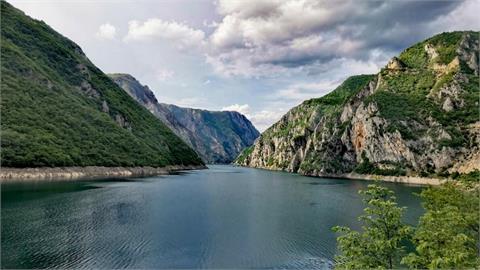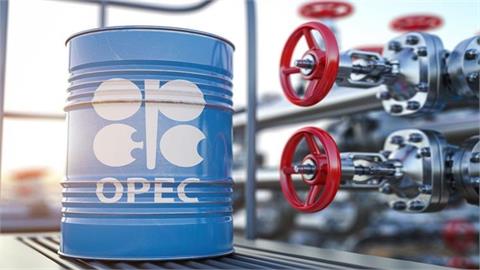The US will support Serbia’s efforts to dial back its reliance on fossil-fuel imports from Russia and accelerate its transition to renewable energy resources, a senior State Department diplomat said during a visit to the Balkan nation.
The visit by Jose Fernandez, the under secretary of state for economic growth, energy and the environment, underscores Washington’s effort to limit Kremlin influence in a region of southeastern Europe where Russian leader Vladimir Putin still has allies.
Long reliant on gas imports from Russia, Serbia is seeking to add energy supply routes with new pipeline links, including from a liquid natural gas terminal in Greece to the south as well as imports from Azerbaijan to the east.
But Serbia’s sole refiner, NIS, is controlled by Gazprom Neft, which leaves the nation of 6.7 million people exposed to Putin’s “weaponization of energy,” Fernandez said after meeting President Aleksandar Vucic and top government officials in Belgrade.
“We are seeing with good eyes the fact that Serbia wants to diversify its sources of energy,” Fernandez said. “Some countries have learned the hard way that Putin will weaponize countries’ dependence on energy.”
The US and Serbia signed an agreement in Washington last month to cooperate on energy projects and supplies of critical minerals. Rio Tinto Group plans to open Europe’s biggest lithium mine in the Balkan nation, despite strong opposition from local environmental groups.
Florida-based UGT Renewables is expected to sign an agreement next week on developing a solar farm with 1 gigawatt capacity in Serbia, while a unit of US engineering giant Bechtel Corp is weighing plans for a 2.4-gigawatt pumped-storage hydro plant on the Danube River on the border with Romania, Fernandez said.
Vucic has confirmed plans for the solar project, saying it will help boost power generation to meet rising consumption.
“It’s an honor and privilege for us to discuss one of the most important aspects of our relations” with the US, the Serbian leader said after meeting Fernandez.
Under Vucic’s leadership, Serbia has sought to balance its ties with the US and the European Union, which it aspires to join, as well as with Russia and China. While condemning Russia’s attack on Ukraine, the government in Belgrade has so far refused to adopt sanctions against the Kremlin.
Serbia’s sovereign credit score was upgraded by S&P Global Ratings this month, lifting its foreign-currency bonds out of junk status and starting the country’s transformation to an investment grade issuer.
(Bloomberg, October 11, 2024)
Related content
Tuesday, 17 December 2024
Tuesday, 17 December 2024
Wednesday, 11 December 2024
Wednesday, 11 December 2024



